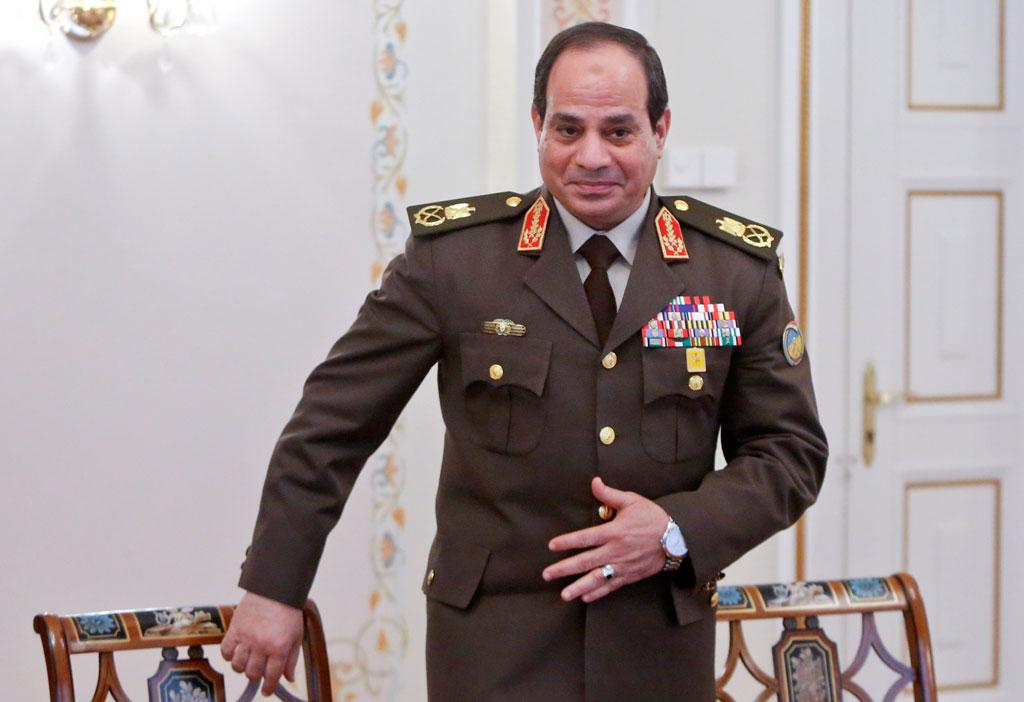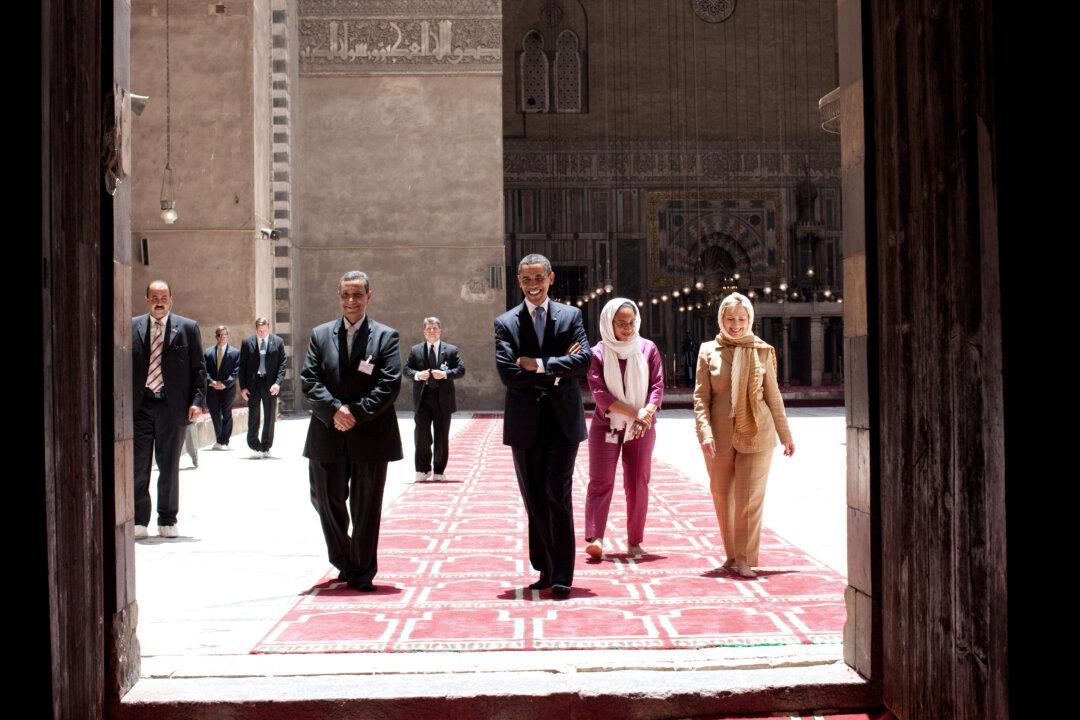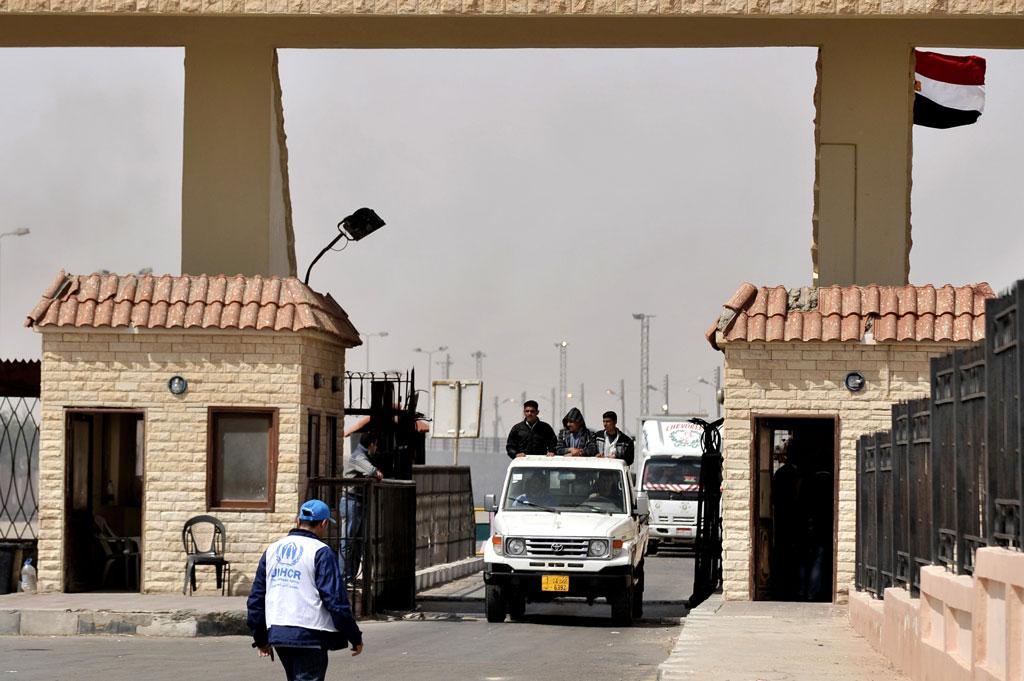On March 26, Egyptian Field Marshal Abdul-Fattah el-Sisi resigned from the military and announced his presidential bid. What do we know of Sisi’s platform, and what kind of military leadership does he leave behind? MEI spoke with resident scholar Mohamed Elmenshawy about these and other issues.
Will Any Challengers Take On the Enormously Popular Sisi?
Hamdeen Sabahi, a Nasserist who came in third in the 2012 presidential election and who now leads the Popular Current movement, has expressed interest in running for president, but his participation is uncertain. He recently joined several other Egyptian parties in criticizing a new election law put forth by Interim President Adly Mansour, which states that the Presidential Election Commission’s determination of the winner is immune from judicial appeal. The law bars presidential candidates from challenging the election results, even though the new constitution stipulates that Egyptians have the right to seek such an appeal in court. As such, we have to wait and see whether Sabahi will set aside his concerns about the process and run.
Whoever runs, the elections are an important step in Egypt’s transition, as they constitute the second presidential race since the fall of Hosni Mubarak. The first race, between Mohamed Morsi and Ahmed Shafik, was widely regarded as free and fair. The international community will be scrutinizing this round of elections to make sure it meets the same standards. The Egyptian government will try to satisfy the West’s expectations, and is already reviewing requests for international election observer missions. Because Sisi has the full support of both the state and private media, which has vocally supported his candidacy for months, as well as that of the state apparatus, many question whether the election campaign can be evenhanded. Will the media give the same access to someone like Sabahi as it does to Sisi?
What do We Know of Sisi’s Platform?
Sisi has said that he has a vision for fixing Egypt’s problems, with the help of Egyptians, but we don’t know any details yet. They are to be announced when Egypt officially opens the nomination process.
Sisi recently reshuffled a number of positions in the Supreme Council of the Armed Forces (SCAF). What do these moves mean?
In an effort to ensure the loyalty and support of those around him in the military, Sisi reshuffled the Supreme Council of the Armed Forces (SCAF). The promotion of General Sedki Sobhi to the position of minister of defense was expected, but one appointment was more of a surprise. Egyptian newspapers were speculating that Abdel Moneim Altaras, a senior member of the SCAF, would be appointed the new chief of staff, but General Mahmoud Hegazy was given the post instead. Hegazy was head of Egyptian military intelligence, and his daughter is married to Sisi’s son. This tells us two things: that military intelligence is very influential within the military establishment, and that Sisi desires a very loyal following.
What Are the Most Pressing Problems That Sisi Would Face as President?
The first issue is the economy. There is no golden solution, but one thing going for Sisi is that he has broad popularity, which gives him a mandate to make tough decisions about the economy. For instance, he could take on the subsidies crisis, which no one has dared to approach in the last three years. In this sense he has the clout to also take on tough political decisions. The future relationship between the Egyptian state and the Muslim Brotherhood is still the major obstacle for any real progress on the domestic political front. Will Sisi take the initiative to reach out to the Brotherhood? Will the Brotherhood climb down from their maximalist demands and find a way back to the political middle? Finally, terrorism in Sinai is an urgent problem that he must address.
What Pitfalls Would Sisi Face as President?
Sisi has created huge expectations. To many, he is the hero who rid the country of the Muslim Brotherhood, and it is now his task to stabilize Egypt and bring prosperity. Because he is seen as having all of Egypt’s institutions behind him—unlike Morsi—expectations are even higher. If Sisi fails as president and the people go into the streets in mass protest, it will put Egypt at risk of collapse. What would the military do then? Would it stand by the people, as it did with the Morsi crisis? Or would it stand with Sisi?
This article was originally published at the Middle East Institute.


